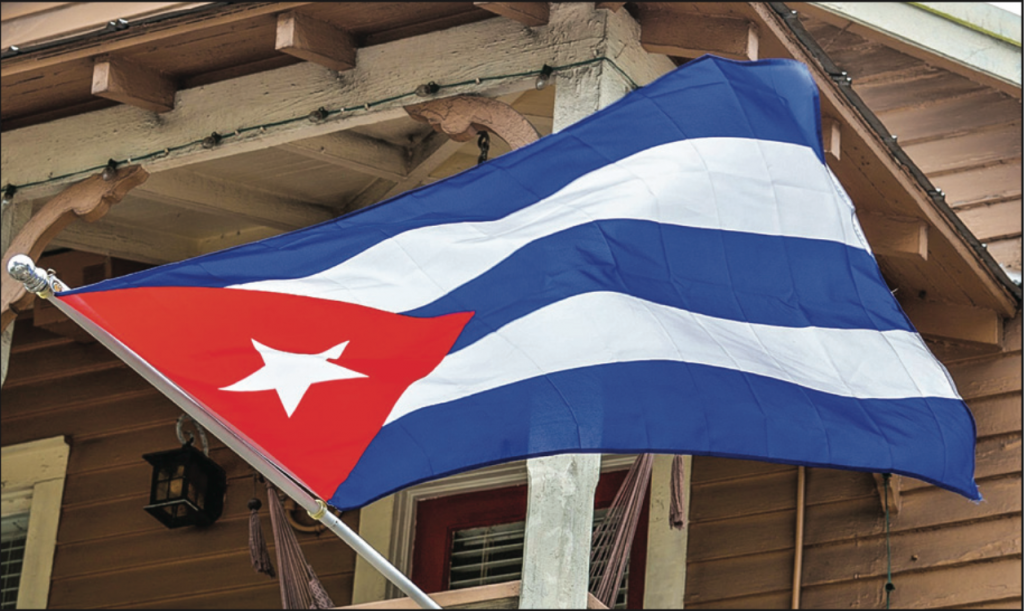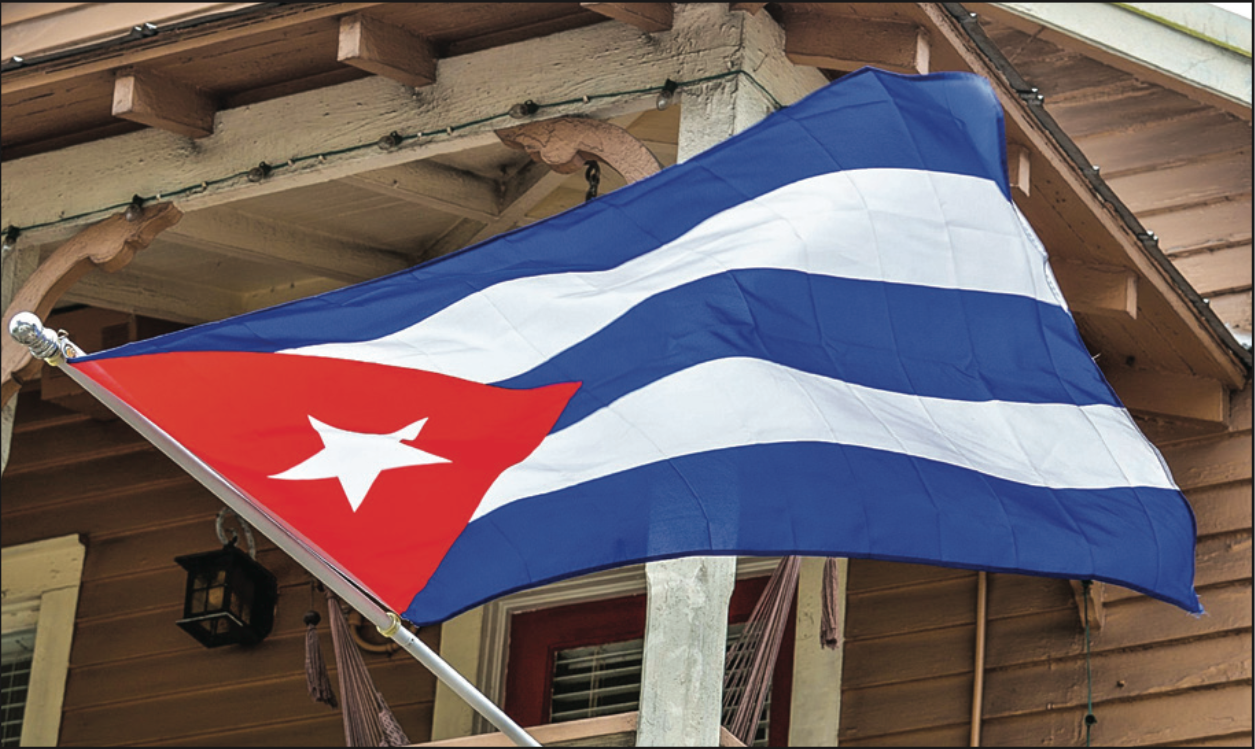Media coverage of the Cuban leader’s death has opened up conversation
Following Fidel Castro’s death, the news media has represented a split perspective on Castro’s legacy, reflecting the similarly divided reaction that has rippled through the rest the world.
Some people are decrying the media as corrupt for romanticizing the Cuban dictator’s life, or for at least downplaying the more brutal aspects of his regime. To these people, the media can’t seem to know which characterization of Castro’s legacy to settle on — revolutionary icon or tyrannical despot.
For instance, BBC ran its announcement of Castro’s death with the following lead: “Cuba’s former president Fidel Castro, one of the world’s longest-serving and most iconic leaders, has died aged 90. … He defied the US for decades, surviving many assassination plots. His supporters said he had given Cuba back to the people. Critics saw him as a dictator.”
The article includes varied photographs of Castro and two brief video clips of reaction-based interviews. One depicts people in mourning in Havana and the other depicts an entire Miami neighborhood in celebration.
Much later in the article comes a brief three-sentence paragraph devoted to what appears to be a few negative aspects of Castro’s regime, pithily put as “political opponents have been imprisoned,” “the independent media suppressed” and “thousands of Cubans have fled into exile.”
Granted, such a piece is merely an attempt to summarize someone’s entire life. Yet how come a supposedly all-encompassing report like this one uses a single scant paragraph to cover the violent nature and tyrannical adversities of Castro’s regime with vague details and only a slightly negative tone, while taking several more paragraphs to glowingly detail his tactical skill and the mourning his death generated? The brevity of the interviews pins a more incomplete undertone to this story’s nature as well.
A CNN article’s lead calls the infirm Castro the “whisper of the Marxist firebrand whose iron will and passionate determination bent the arc of destiny.”
It’s poetic — almost suspiciously so.
The article relates a 2012 quote from Robert Pastor, former national security adviser for President Jimmy Carter, saying Castro “reshaped Cuba in his image, for both bad and good.”
The rest of the article carries this tame “good-and-bad” flavor through its all-inclusive narrative, yet it relayed a surprisingly more well-rounded summary of Castro’s life and role in history than BBC did.
Yet another major news outlet, NPR, issued a brief but concentrated audio story — plus transcription in article format — strictly from the perspective of 600 surviving veterans from the Bay of Pigs invasion of 1961.
The reporter covering the story asked one of these veterans, Esteban Bovo, what he felt when he heard of Castro’s death. His response: “That we couldn’t do it ourselves. That God did it instead for us. … That’s the only disappointment I have.” This sentiment is echoed through the interviews in the rest of the story.
Is this news perspective on Castro’s death one-sided? Sure. But is it also deeply informative, non-floundering, definitive, raw and real? Absolutely.
Other feature-type stories trickling from the media, all one-sided and personal from an interview perspective, include The New York Times’ interview with Castro’s sister Juanita, Variety magazine’s interview with Andy Garcia, even Dr. Manny’s opinion piece on Fox News Health. Each of these stories represent individual, subjective perspectives and are bent strictly to one side, but they truly make up the foundations of the greater narrative of Castro’s actual influence.
All in all then, is representing a nuanced perspective justifiable for the media even when it concerns a communist dictator’s legacy?
The short and perhaps controversial answer is yes. Subjective, narrowed perspectives of reaction-based interviews are typically supplementary in such a case, not entirely definitive, and come in behind as a background accent to the hard facts or history surrounding the story.
But in the case of Castro, it would seem that subjective accounts against the backdrop of history and fact are imperative in further defining the socialist dictator in an experience-based way that the press’s feeble attempts at “balanced” life summaries truly cannot. Biased perceptions from experience are the flesh on the skeleton of history, making up the body of Castro’s legacy.
Presenting subjective testimonies to demonstrate an unfolding narrative is one thing. Masking biased perception as objectivity is another.
History cannot absolve Castro, and neither can the press in its own power or in its lukewarm pseudo-reverence. Only the stories of those who actually experienced history under Castro, whether prosperous or brutal, can speak and judge his legacy for themselves. The people from each side, whether in grief or jubilation, should be allotted their own clearly defined platform to tell their stories with the complete and thorough bias they deserve to retain.
JARRETT is an opinion writer.

